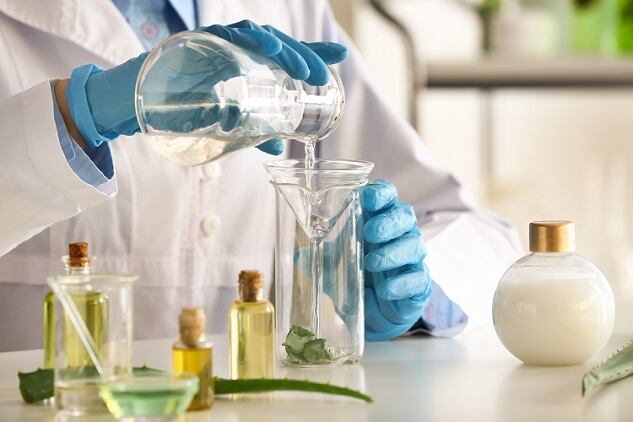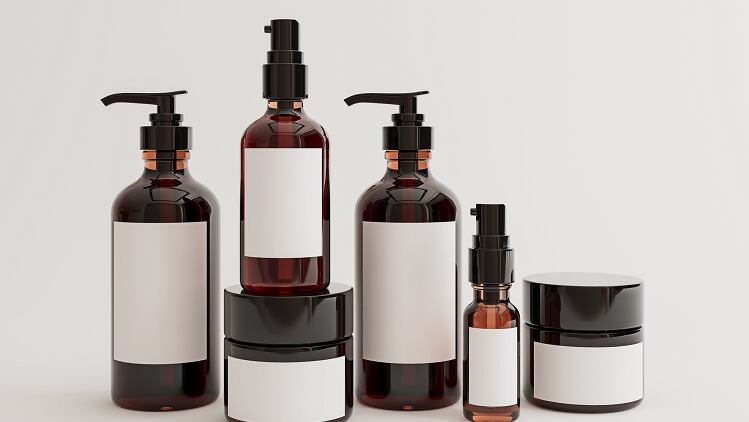“Willow's CBG is now clinically tested to be safe for sensitive skin and demonstrated in the laboratory to act as a potent antioxidant, anti-inflammatory and anti-microbial,” says Dr Chris Savile, COO at Willow Biosciences, in this week’s press release about the new data.
“Most interestingly,” he says, “Willow CBG was shown to be as potent or more potent than CBD, in some cases up to twice as potent, in the performed assays.”
“We believe the clinical work on human skin and in vitro models with CBG are the first of their kind to be reported and we are very excited to share the results with our stakeholders and industry,” adds Savile.
Beauty-bioscience partnerships advancing skin care ingredient technology
Signum Biosciences is a biopharma company based in Colorado that specializes in compounds and botanical extracts that can mimic the lipid ligands involved in cellular regulation and signaling. Signum works both with medical and consumer applications and has done work in beauty specifically.
According to a corporate partner profile on the Signum site, the company “[has] partnered with Elizabeth Arden, Inc., on an exclusive global license for the cosmetic functional ingredient Arazine (N-acetyl-S-farnesyl-cysteine) as well as developing new screening methodologies to measure the anti-oxidant potential of other product ingredients. Arazine was recently launched as a key ingredient in Elizabeth Arden’s Prevage Anti-aging + Intensive Repair Daily Serum product.”
Signum Biosciences partnered with Willow Biosciences on the testing and screening of its CBG ingredient. As Savile tells the press, “demonstrating the safety and benefit of a new ingredient like Willow's CBG is a critical step in commercialization and it's one that we take seriously.”
Skin care and derm benefits of biotech CBG
The data that Willow Bioscience will be presenting at the 2021 (virtual) Society for Investigative Dermatology annual meeting includes findings from both in vitro skin models and a Human Repeat Insult Patch Test clinical trial involving over 100 individuals.
According to this week’s release, show that the Willow’s biotech CBG inhibits UV light as well as C. acnes-induced pro-inflammatory cytokine release—both causes of inflammation. The company data also shows that the ingredient has antioxidant properties and acts as an antimicrobial in the presence of both C. acnes and S. aureus.
Willow isn’t the only biotech ingredient maker producing CBG at commercial scale. Both Creo and Amyris have made headlines here on Cosmetics Design for their recent CBG launches. Creo leverages Genomatica tech for their CBG and expects to reach full commercial-scale production in Q2 of this year, while the Amyris biotech has been scaled up by partners the NIKKOL Group and LAVVAN.




